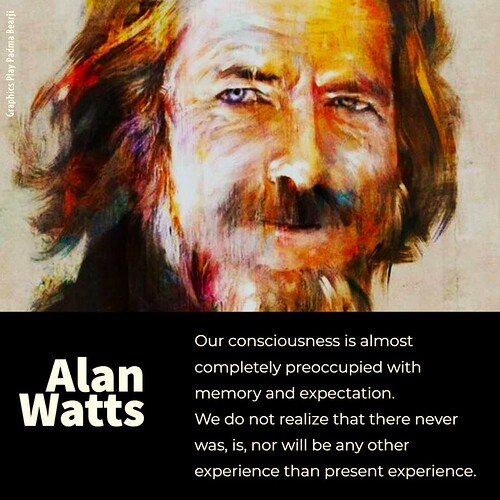I recently came across an intelligent exegesis of Proverbs, with reference to wisdom, which he said is a manifesto:
“In Proverbs, personified wisdom herself cries out:
Wisdom cries out in the street;
in the squares she raises her voice.
At the busiest corner she cries out;
at the entrance of the city gates she speaks …
Does not wisdom call,
and does not understanding raise her voice?
On the heights, beside the way,
at the crossroads she takes her stand;
Beside the gates, in front of the town,
at the entrance of the portals she cries out:
“To you, O people, I call, and my cry is to all that live …
Take my instruction instead of silver,
and knowledge rather than choice gold;
For wisdom is better than jewels,
and all that you may desire cannot compare with her.”
(Proverbs 1:20–21, 8:1–4, 10–11)
Wisdom is often thought of as a rather “cool” concept, associated with slow deliberation and reflective distance. But the poetry of Proverbs shows wisdom’s passionate intensity and urgency, represented by a mature, attractive woman. She does not by any means do away with patience, reflection, and deliberation, but opens up the heart of wisdom as a hot, energetic passion for clear discernment, accurate knowledge, good judgment, right living, and far-sighted decision-making. She is also passionately against fools and foolishness. She is wholeheartedly committed to the public realm and the shaping of families, friendships, neighborhoods, and societies, as well as individuals. She wants to attract as many as possible to devote themselves to her:
“Come, eat of my bread and drink of the wine I have mixed.
Lay aside immaturity, and live, and walk in the way of insight.”
(Proverbs 9:5–6)
The cries of wisdom are meant to stimulate us to cry out for her too. If nothing else we desire can compare with her, then we need to relate our desire for wisdom to our other desires. In the midst of all the cries – longings, appeals, and demands that come from within us and from all around us – how are we to shape a wise life? Desiring wisdom means seeking to test and discern the cries, learning how to respond to them. The Bible and life are full of cries: of suffering, joy, wonder, thanks, praise, victory, defeat, fear, faith, despair, hope, remorse, petition, and much else. These are the intensities and urgencies that can call forth a “hot” wisdom. Theology seeks wisdom through this engagement, relating to all that we cry out for – love, food, peace, security, freedom, health, hope, truth, joy, and God.”
Ford, David F. The Future of Christian Theology (Wiley-Blackwell Manifestos Book 55). Wiley. Kindle Edition.
